Fashion is not just about creating beautiful designs; it also requires effective management and strategic vision.
Behind every successful fashion brand, there are talented fashion managers who bring creativity, business acumen, and leadership to the table.
In the ever-evolving world of fashion, the role of fashion managers is critical to the success and growth of fashion brands. Beyond the glitz and glamour of the runway, fashion managers bring a unique set of skills and expertise that drive the industry forward.
From guiding creative teams to implementing strategic marketing campaigns, fashion managers play a vital role in shaping the direction and success of fashion brands worldwide.
Fashion managers are the driving force behind the scenes, ensuring that fashion brands thrive in an increasingly competitive market.
They are responsible for overseeing all aspects of the business, including product development, brand positioning, retail operations, marketing, and sales.
With their keen understanding of consumer behaviour and market trends, fashion managers make strategic decisions that help fashion brands stay relevant and financially successful.
In this article, we will explore the top five fashion managers in the world, highlighting their remarkable achievements and shedding light on the exciting field of fashion management.
Get ready to be inspired and discover why studying fashion management can open doors to a fulfilling and dynamic career.
Anna Wintour
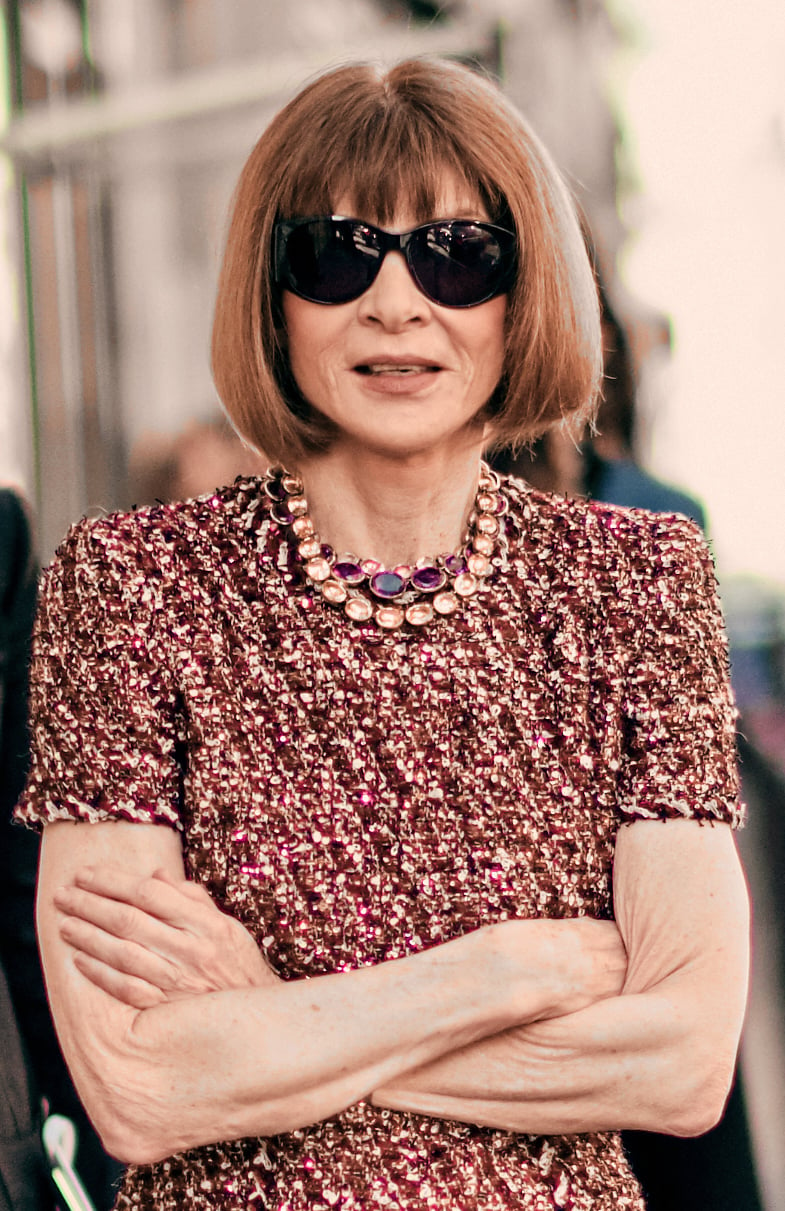
Anna Wintour, the influential editor-in-chief of Vogue magazine since 1988, is a true icon in the world of fashion management.
Her unparalleled vision and impeccable taste have shaped the industry for decades.
As the head of Vogue, Wintour oversees the magazine's content, direction, and creative vision.
Her role extends beyond the pages of Vogue. She has been instrumental in setting global fashion trends and shaping the direction of the industry.
Her keen eye for talent and ability to identify emerging designers have helped launch the careers of numerous fashion icons.
Wintour's influence can be seen in the front row of fashion shows, where her attendance and endorsement often have a significant impact on a designer's reputation and commercial success.
Her fashion management role also extends into strategic partnerships within the industry. She has collaborated with luxury brands, such as Chanel and Prada, to organise high-profile events, exhibits, and exclusive fashion experiences.
These partnerships have helped strengthen the bond between the fashion industry and Vogue while elevating the profile of both the magazine and the brands involved.
As a fashion manager, Wintour's decision-making power extends to various aspects of the fashion industry.
She has the ability to shape fashion trends, influences the selection of designers for major fashion events, and guide the fashion coverage within Vogue.
Wintour's choices regarding cover stars, editorial content, and fashion campaigns often have a ripple effect throughout the industry, cementing her role as a tastemaker and trendsetter.
She is also actively involved in philanthropic efforts and fashion education initiatives. She supports emerging designers, scholarships, and various fashion-related causes.
Wintour's commitment to nurturing talent and fostering the next generation of fashion professionals underscores her role as a mentor and advocate for the industry.
Angela Ahrendts
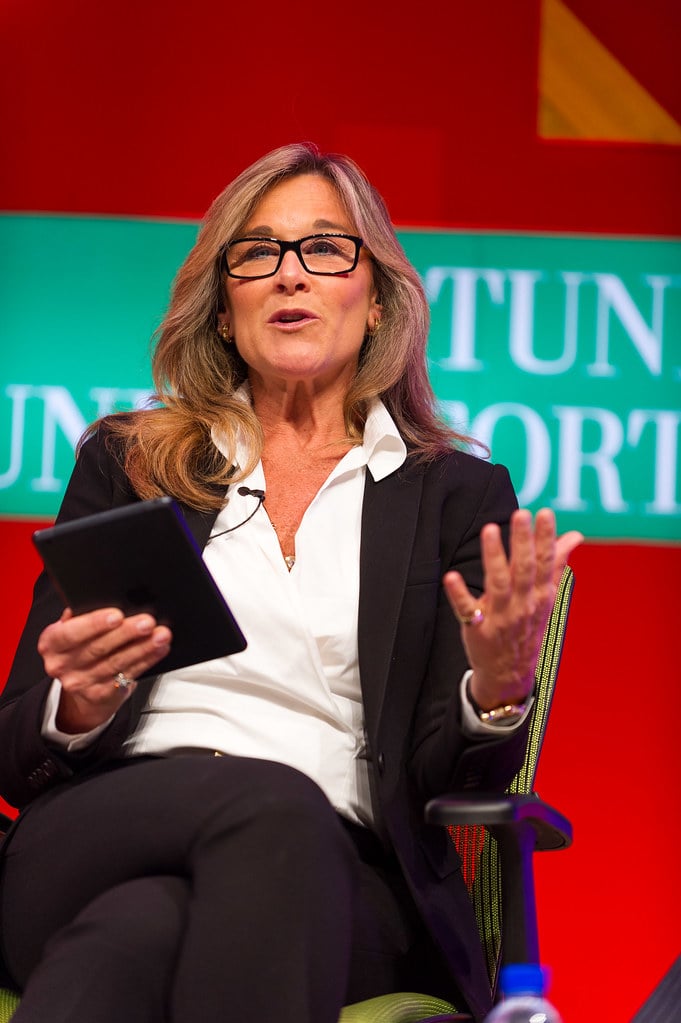
Angela Ahrendts, former Senior Vice President of Retail at Apple Inc., has made a significant impact in the fashion industry.
With her expertise in luxury retail and brand development, Ahrendts revolutionised Burberry during her tenure as CEO from 2006 to 2014, transforming it into a global luxury powerhouse.
She played a pivotal role in transforming Burberry into a globally recognised luxury brand.
Ahrendts focused on revitalising the brand's image, enhancing its digital presence, and expanding Burberry's footprint in emerging markets.
Her innovative approach to branding and digital innovation contributed to Burberry's success.
She recognised the importance of aligning the brand's heritage with modern technology and created immersive digital experiences that engaged consumers globally.
Under Ahrendts' leadership, Burberry became a frontrunner in embracing digital platforms and integrating them into the brand's overall strategy.
She also played a crucial role in expanding Burberry's presence in key markets worldwide. She implemented a strategic retail expansion plan, focusing on emerging economies such as China and India.
Additionally, Ahrendts prioritised enhancing the customer experience by introducing innovative store concepts and personalised service, leading to increased brand loyalty and sales growth.
As a fashion manager, Ahrendts demonstrated exceptional leadership skills, fostering a collaborative and inclusive work environment.
She implemented cultural transformation initiatives at Burberry, emphasising teamwork, creativity, and a customer-centric mindset.
Ahrendts' leadership style and emphasis on employee engagement contributed to the overall success of the brand.
Marco Bizzarri
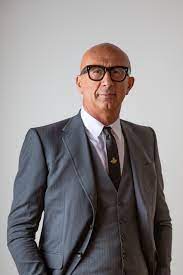
Marco Bizzarri, the CEO of Gucci since 2015, has been instrumental in revitalising the iconic fashion brand.
Under his leadership, Gucci experienced a remarkable turnaround, becoming one of the most influential and profitable luxury brands in the world.
Bizzarri's emphasis on innovation, sustainability, and digital marketing has set new standards in the fashion industry, making him an inspiration for aspiring fashion managers.
His leadership has been marked by a strong emphasis on innovation and creativity.
He empowered the creative team led by Alessandro Michele, allowing for bold and unconventional designs that resonated with a new generation of consumers.
He has been instrumental in driving Gucci's commitment to sustainability and social responsibility.
He implemented a comprehensive sustainability strategy that focused on reducing the brand's environmental impact and promoting ethical practices throughout the supply chain.
Bizzarri's dedication to sustainability has positioned Gucci as a leader in the industry's shift towards responsible fashion.
Under Bizzarri's leadership, Gucci successfully embraced digital transformation and capitalised on the e-commerce boom.
He recognised the significance of digital platforms and social media in reaching and engaging with consumers.
Bizzarri spearheaded innovative digital marketing campaigns and collaborations, leveraging technology to expand Gucci's global reach and increase online sales.
Miuccia Prada
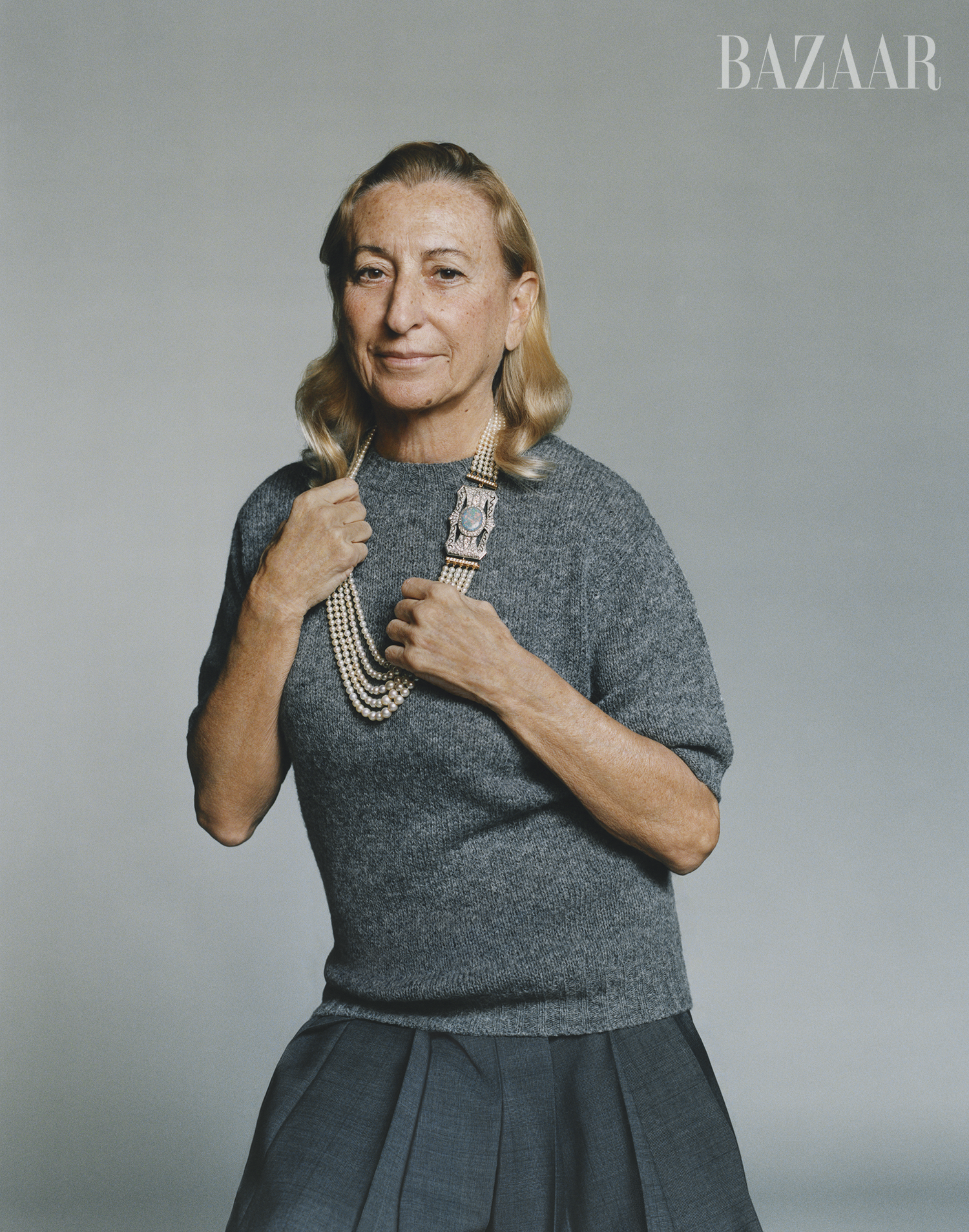
Image source: Harper's Bazaar
Miuccia Prada, the head designer and co-CEO of Prada, has played a pivotal role in shaping the fashion landscape.
Known for her bold and eclectic designs, Prada has successfully blended art, culture, and fashion.
Her ability to balance creativity and business acumen has established Prada as a leading global fashion brand.
Prada's innovative thinking and enduring influence make her a true role model for fashion managers.
Miuccia Prada is known for her visionary approach to fashion. She has consistently pushed boundaries and challenged conventions with her designs, introducing unique and unconventional elements that have redefined contemporary fashion.
Prada's ability to blend art, culture, and fashion has made her a trendsetter and an influential force in the industry.
Under Miuccia Prada's leadership, the Prada brand has experienced remarkable growth and expanded its global presence.
She played a pivotal role in elevating Prada from a family-owned leather goods company to a global luxury brand.
Prada's ability to balance innovation with brand heritage has allowed the company to maintain a strong and distinctive identity, capturing the attention of fashion enthusiasts worldwide.
Miuccia Prada's unique perspective and interest in art have led to various collaborations with renowned artists, architects, and filmmakers.
These partnerships have resulted in innovative projects that merge fashion with different creative disciplines, showcasing Prada's commitment to artistic exploration and cultural relevance.
Miuccia Prada has demonstrated a commitment to social and environmental causes within the fashion industry.
She has implemented sustainable practices and initiatives at Prada, showcasing a responsible approach to production and consumption.
Prada's involvement in initiatives promoting diversity and inclusivity further highlights its dedication to social progress.
Virgil Abloh
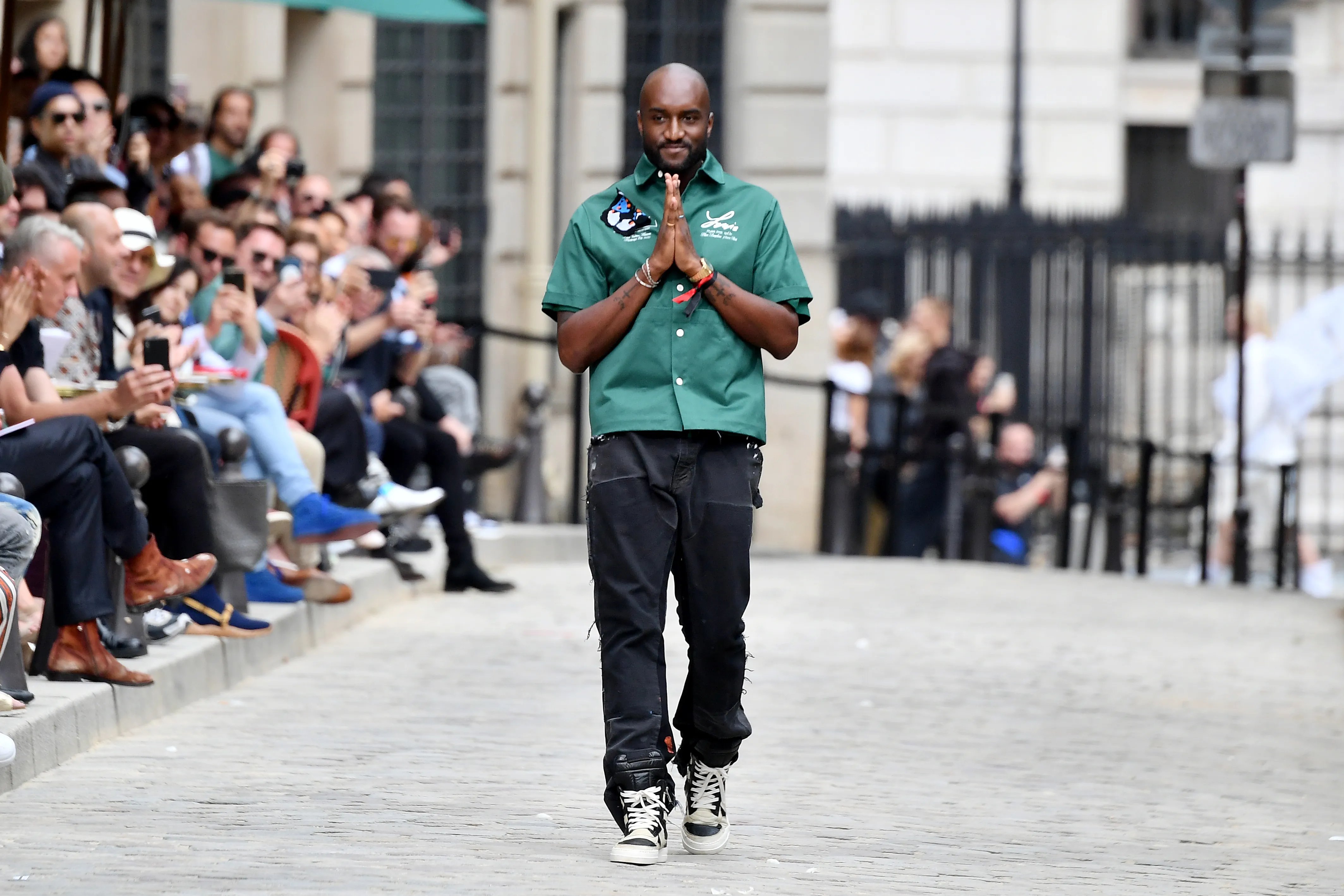
Image source: Vanity Fair
Virgil Abloh, the former artistic director of Louis Vuitton's menswear and founder of Off-White, was a trailblazer in the fashion industry.
Abloh sadly died from cancer in November 2021 at the age of 41. He left a lasting impact on the fashion industry globally which is still celebrated.
With his unique blend of streetwear and high fashion, Abloh disrupted traditional fashion norms and captured the attention of the younger generation.
His ability to connect with diverse audiences and leverage social media made him an influential figure in fashion management.
Virgil Abloh gained prominence with the launch of his brand, Off-White, in 2013.
He played a crucial role in redefining streetwear and bridging the gap between luxury fashion and popular culture.
Abloh's distinctive design aesthetic, which incorporated graphic elements and deconstructed silhouettes, revolutionised the fashion landscape and captivated a new generation of consumers.
In 2018, Virgil Abloh made history by becoming the first African-American to be appointed as the artistic director of Louis Vuitton's menswear collection.
His appointment signalled a shift in the industry, highlighting the importance of diversity and inclusivity.
Abloh's tenure at Louis Vuitton was marked by his ability to infuse streetwear sensibilities into the brand's heritage, attracting a new audience and revitalising the menswear division.
Abloh's ability to collaborate across disciplines and industries was a significant part of his success as a fashion manager.
He collaborated with brands such as Nike, IKEA, and Rimowa, merging fashion, art, and design.
These partnerships allowed Abloh to reach broader audiences and blur the boundaries between fashion and other creative fields.
In addition to his role as a designer, Virgil Abloh was also an entrepreneur.
He founded the creative agency "Off-White™️" and ventured into other creative endeavours such as furniture design and DJing.
Abloh's entrepreneurial spirit and multidisciplinary approach allowed him to extend his influence beyond fashion and establish himself as a cultural icon.
Careers in Fashion Management
The world of fashion management offers a captivating and dynamic career path for those with a passion for fashion and business.
Through the stories of influential fashion managers like Miuccia Prada, Virgil Abloh, Marco Bizzarri, Angela Ahrendts, and Anna Wintour, we have witnessed the transformative power and immense impact that fashion managers can have on brands, the industry, and culture as a whole.
Studying fashion management opens doors to a multitude of exciting opportunities.
It equips aspiring fashion managers with the skills and knowledge needed to navigate the ever-evolving fashion landscape, drive innovation, and make meaningful contributions to the industry.
From brand development and strategic leadership to creative direction and sustainability initiatives, fashion management encompasses a wide range of essential disciplines that shape the future of fashion.
As the industry becomes more globalised and diverse, the need for skilled and visionary fashion managers continues to grow.
Study Fashion Management
By studying fashion management, you will gain a comprehensive understanding of the fashion ecosystem, develop critical thinking and problem-solving skills, and learn to navigate the complexities of the business side of fashion.
Whether your interests lie in design, marketing, sustainability, retail, or entrepreneurship, fashion management provides a versatile foundation that can lead to a fulfilling and impactful career.
By combining your love for fashion with business acumen and strategic thinking, you can become a catalyst for change, shaping the future of the fashion industry and leaving your mark on the world.
Portobello Institute offers a BA (Hons) in Fashion Management and a BA (Hons) in Fashion Buying and Merchandising.
For more information on our upcoming start dates, visit our Business of Fashion department page here.
If you are interested in any of our business of fashion courses or have any questions you can book a consultation call with our expert fashion advisor Sarah Coyne here email sarah.coyne@portobelloinstitute.com or call 01 892 0041.



-2.png?width=1200&name=Fashion%20(16)-2.png)
.png?width=352&name=Sports%20Science%20feature%20image%20(10).png)
-Jul-11-2022-08-53-10-19-AM.png?width=352&name=Colms%20Blog%20Feature%20Images%20(1)-Jul-11-2022-08-53-10-19-AM.png)